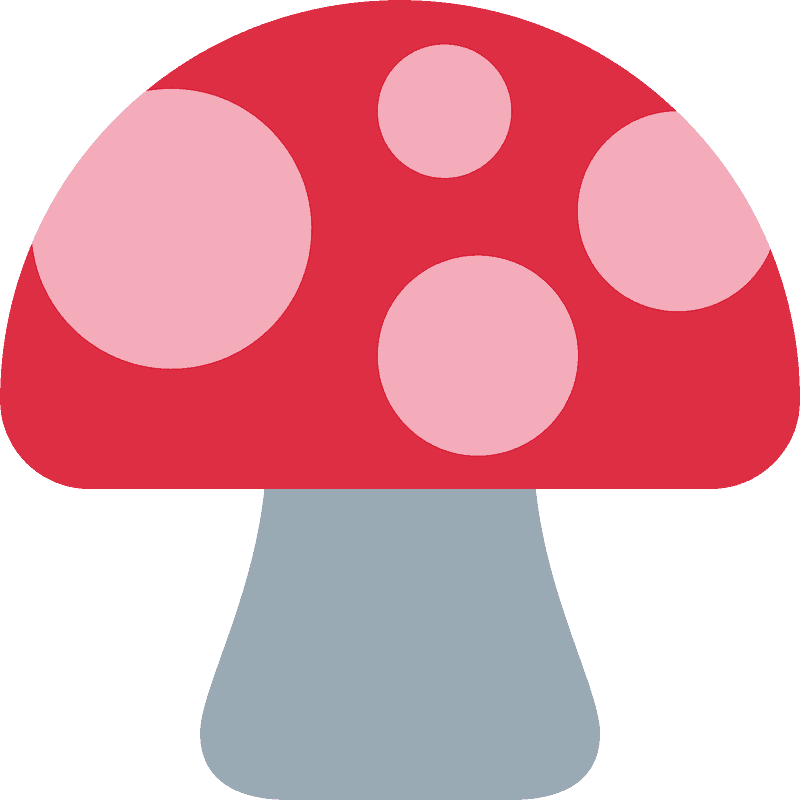
The use of psychoactive compounds derived from fungi, such as psilocybin, is emerging as a promising tool to treat a range of mental and physical health issues. Derived from the iconic Amanita muscaria, or fly agaric mushroom, muscimol has been shown to treat stress and anxiety, ease muscular pain and promote restorative sleep.
Over the past 10 years, we have seen a lot of research focusing on the potential benefits of various psychedelic compounds as medicines. Obviously, mental health is the biggest focus as many of these compounds show early positive indications, whether it be for PTSD, TBI, addiction etc. COVID-19 has played a big role in increasing the prevalence of depression and mental disorders globally, this has added to the interest in identifying psychedelic compounds as tools to treat these conditions. The pharmaceutical industry has not had a major breakthrough drug to assist with these mental health issues for years, especially any without addictive qualities. Consumers in general are looking for natural or naturally derived alternatives to opioids so this has all come together to be the perfect storm.
Muscimol is one of the main psychoactive compounds found in the Amanita muscaria mushroom along with ibotenic acid and muscarine. Although it does have psychoactive properties, the effect is very different from psilocybin or psilocin. It reacts with the GABAA receptor and when ingested, it can provide feelings of euphoria and tranquility, an altered sense of hearing and taste, changes to sensory perception and vivid dreams. If it is not processed properly, where the ibotenic acid is not converted to muscimol, it can provide quite a nasty experience including sweating, nausea, loss of balance and involuntary bodily movements.
As an agonist to GABA receptors, muscimol is believed to show positive indications for various mental and physical health issues, including sleep, insomnia, addiction and pain and providing users with a calming and relaxing effect.

